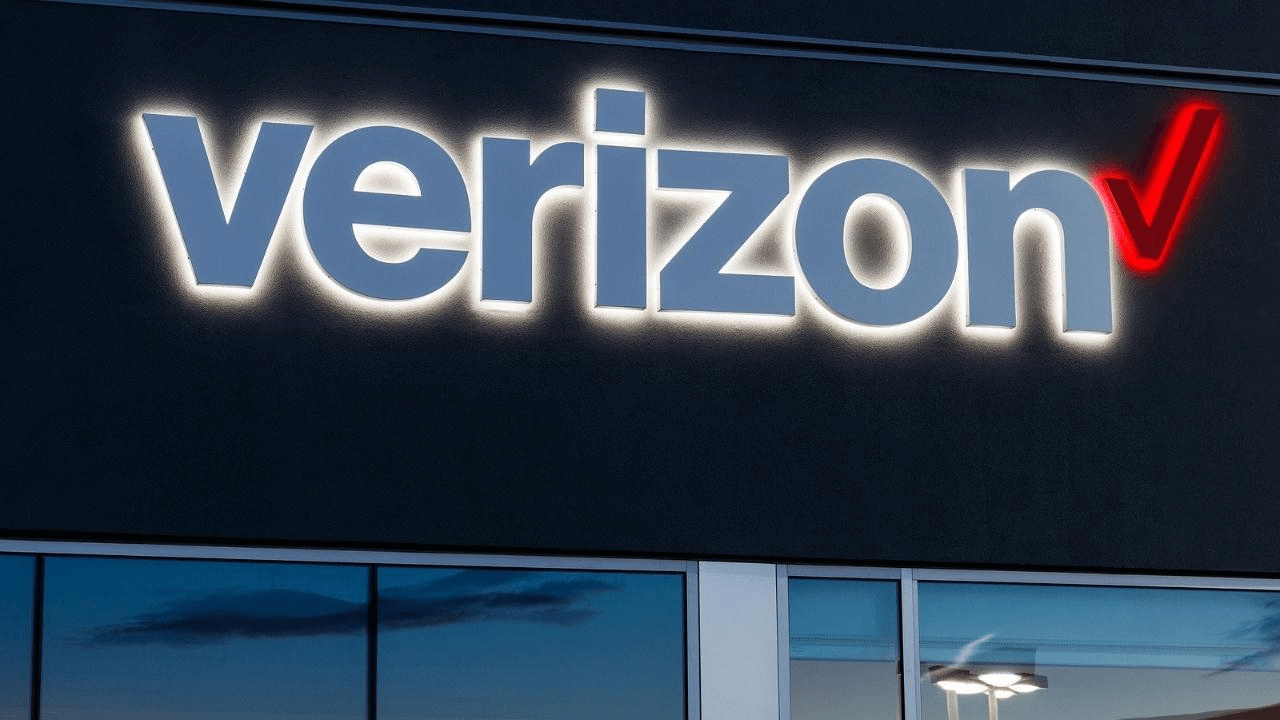The pandemic has accelerated many workplace trends that were already in motion. Remote work was gaining traction, especially among startups, as it enabled them to source talent from virtually anywhere and provide flexibility as a benefit to employees, while saving capital.
Now, with physical distancing measures proving that remote work is feasible and productive for many people, a hybrid model of both in-office and remote work is likely to become normal.
To date, tech giants Google, Facebook and Amazon have already taken the lead by announcing their workforces will remain remote (or will have the option to remain remote) through 2021.
This could even be extended further, and perhaps become permanent. If it does, it could have a huge knock-on effect on major cities if the requirement to report to headquarters is now lifted. Many are speculating this will likely have a large impact on rent prices, as many tech workers will consider permanently relocating.
The path back to “normal” will likely be a long one. When it does finally come time to return to the office, it likely won’t resemble anything we would recognize from before.
With more employees expecting the ability to work remotely and more employers finally on board, the shift from traditional in-office workforces to a remote or hybrid concept won’t come without consequences.

 Dr. Gleb Tsipursky – The Office Whisperer
Dr. Gleb Tsipursky – The Office Whisperer Cat Johnson – Coworking Marketing Maven
Cat Johnson – Coworking Marketing Maven Angela Howard – Culture Expert
Angela Howard – Culture Expert Drew Jones – Design & Innovation
Drew Jones – Design & Innovation Andrea Pirrotti-Dranchak – Competitive Advantage
Andrea Pirrotti-Dranchak – Competitive Advantage Jonathan Price – CRE & Flex Expert
Jonathan Price – CRE & Flex Expert Jeremy Fennema – Tech Innovation Alchemist
Jeremy Fennema – Tech Innovation Alchemist







